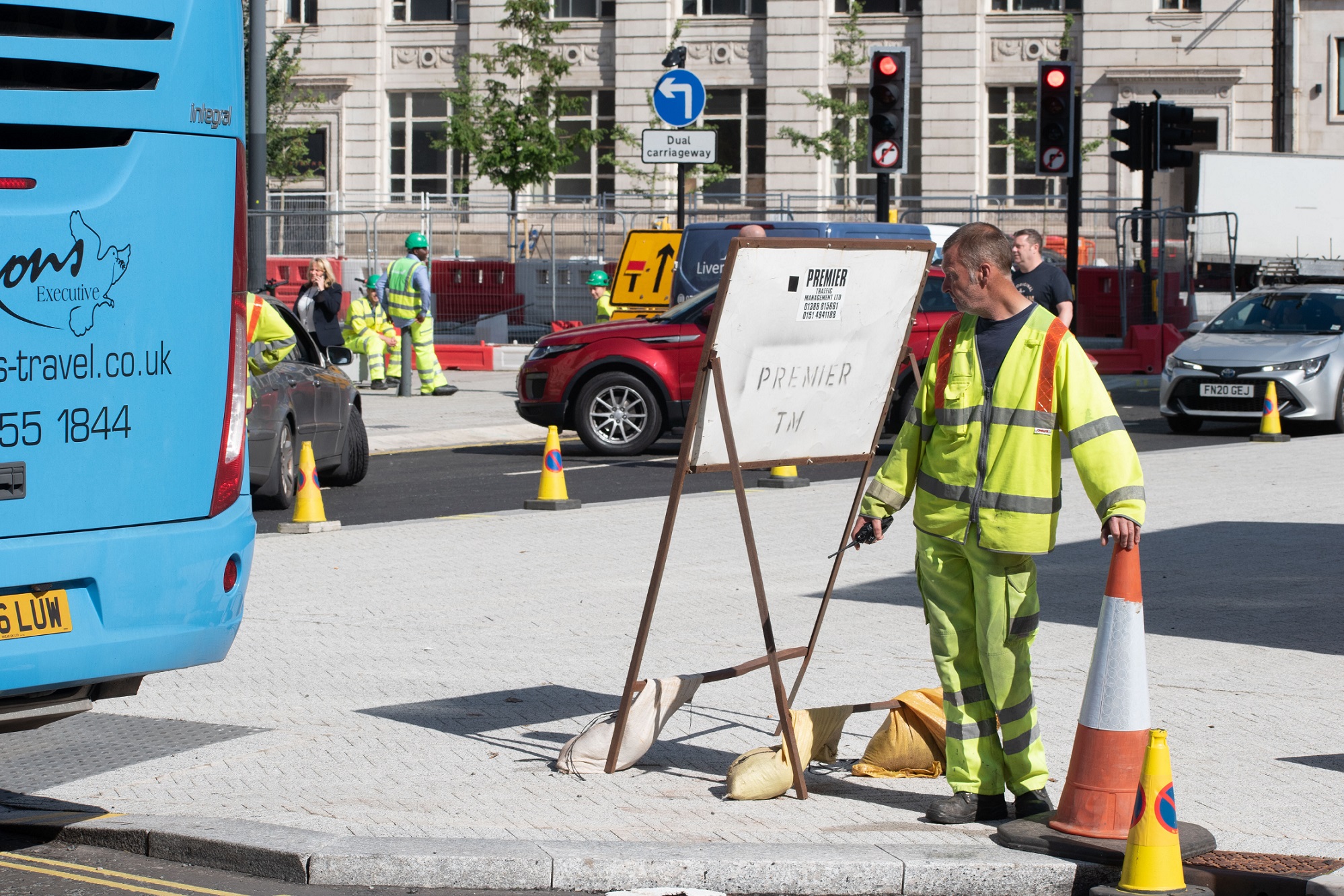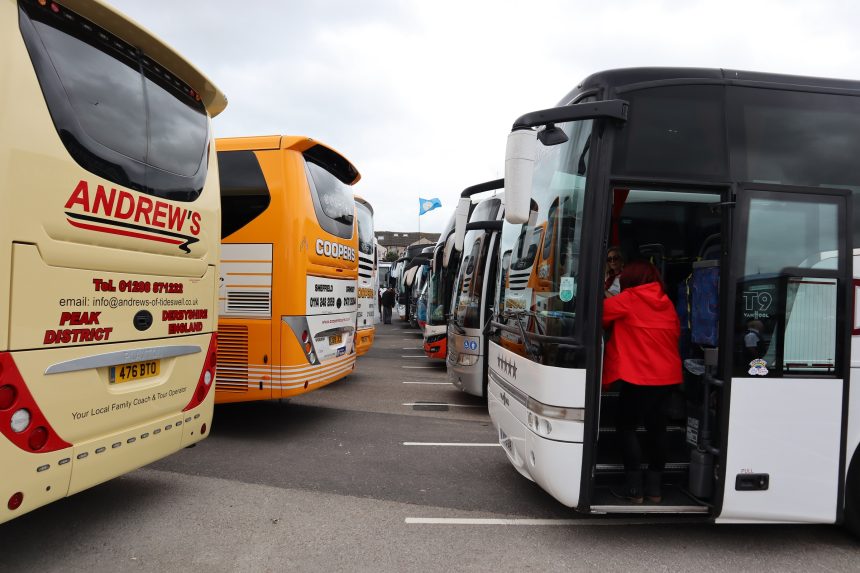RHA has published its manifesto for the coach industry, Coaching Ahead. It was released on the first day of National Coach Week 2024 during a visit of Secretary of State for Transport Mark Harper to Forest of Dean operator Grindles Coaches.
Laid down are the trade body’s key asks of government and other decision markers to support the coach sector. Captured within those policy areas are international journeys; infrastructure; the zero-emission transition; skills and training; and regulatory reform.
In opening the document, RHA points out that the coach industry transports 600,000 children to and from school each day, delivers for cultural events, plays a major part in the tourism sector, enables essential trips, and contributes £16 billion to the UK economy per annum.
“At every level of politics, from Parliament to Mayoral offices to local councils, our government need to understand the challenges facing the coach industry, as well as the vital role it plays in the wider economy,” the preface adds.
Multiple recommendations are made in the document. On international coach travel, RHA advocates work between the government and the EU to introduce pre-registration and online documentation to mitigate the impact of the coming Entry/Exit System. It also wants changes to visa regulations for drivers on international trips to allow them to work “consistently and regularly.”
On infrastructure, the Association calls upon politicians to improve port and border areas and roadside facilities and parking.
Motorway service areas fall within that area, while local authorities (LAs) are asked to work with coach trip generators to ensure that sufficient parking is available and that no traffic bans capture coaches. In addition, the government is asked to issue guidance to LAs to set out best practice on traffic management to improve the operating environment for coaches.

For net-zero, a zero-emission coach roadmap to 2050 is sought, along with investment in infrastructure for those vehicles and an interim incentive for use of low-carbon fuels.
That sits alongside a call for the publication of the delayed Low Carbon Fuels Strategy and inclusion of coaches in the Zero Emission and Hydrogen Infrastructure Demonstrator trial. Clean Air Zone policy must also be updated to ensure that coaches are not unfairly targeted, RHA adds.
To assist in the skills area, the Association has underlined its call for the Skills Bootcamp approach to be extended to category D licence acquisition, along with technical courses such as tyre fitting. It also wants removal of the 50km, regular service restriction on the youngest PCV drivers and “urgent review” of the driver apprenticeship scheme.
Regulatory simplification captures RHA’s favoured outcome-based approach to PSVAR for coaches and reform of hours legislation for drivers, with the Association again highlighting a need to keep abreast of that work in the EU.
In what is thought to be a new policy area for RHA, its coach manifesto also calls for clarity from the government “on safety measures required of buses versus coaches to ensure that the former does not benefit from an unfair competitive advantage.”
National Coach Week continues with further events and gatherings planned. Speaking about publication of the manifesto, RHA Managing Director Richard Smith says: “Coaches are a great economic enabler and an affordable mode of transport.
“Operators deserve more support, which is why we are urging the next government to help our sector to fulfil its potential and connect more people to more destinations, boosting economies and minimising the environmental impact of travel.”
Read the RHA coach manifesto here.



























